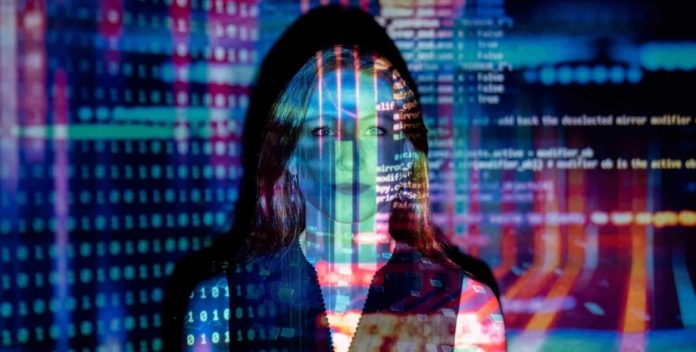Imagine that every star, planet and even you are part of a grandiose computer program. Sounds like a plot of a scientific and fiction movie? But this is the bold idea that Physicist Melvin Wopson of the University of Portsmouth in his new work, published in AIP Advans, is put forward by a bold idea.
According to Vopson, gravity is not so much a physical strength, but a consequence of an algorithmic process of compression of information, similar to how computers reduce the size of files to save space. Its concept is based on the fact that the universe functions as a giant digital computer, where every part of information matters. In his work, Wopson proposes a new "second law" - not thermodynamics, but information dynamics. Instead of heat or energy, he describes how the information in the structure of the universe behaves. According to this law, the universe seeks ordering not only at the physical but also at the information level. The idea is simple, but radical: everything we perceive as gravity is a mechanism by which the information is "compressed" so that the universe remains stable and "not overloaded". This theory is overlapping with a greater philosophical and scientific debate about the simulative nature of reality, which in 2003 began by the philosopher Nick Bostrom. According to his hypothesis, developed civilizations could create such realistic simulations that they will be different from the true universe only at the level of deep physics. Wopson himself goes on: in 2022 he suggested that even the genetic code of viruses, including the Covid-19, demonstrates information patterns that can be explained by its new law.
According to Vopson, every tiny fragment of space contains information units similar to pixels in a computer game. They form the structure of reality, changing our idea of matter, energy and space. These cells, like the elements of the computer system, "choose" the optimal ways of storing information - and in this context, gravity makes sense as an algorithmic force of ordering.
Of course, not all in the scientific world share enthusiasm. Critics remind that extraordinary ideas require extraordinary evidence. And although Wopson's concept is fascinating, it is a hypothetical model than a confirmed physical theory. Moreover, if we really live in simulation, then its creators could deliberately hide all the "failures", which makes a test of such a hypothesis is almost impossible.
Despite his criticism, Wopson's theory continues to be inspired by discussion. After all, it returns us to the main question that concerns humanity for millennia: what is reality? And is everything we see really is just a well -written code?


